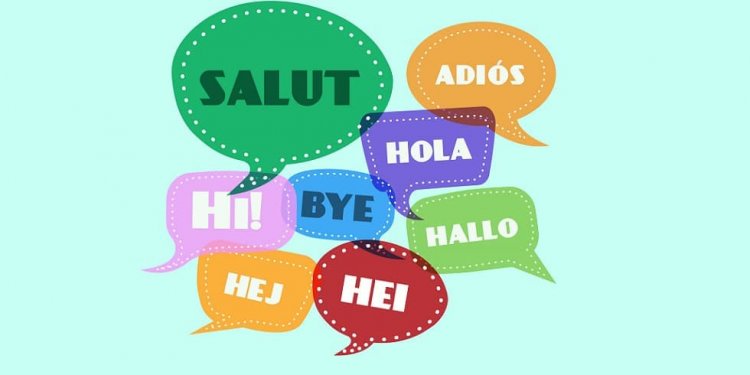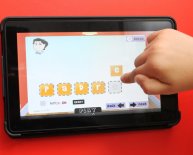
Language learning
 When in 1982 Stephen Krashen famously claimed that the written and spoken language English language learners produce is a result of language acquisition vs. language study, he caused mass uproar in the applied linguistics community. If input was all you needed for language acquisition and successful learning, then what good were teachers and structured language programs providing? Much of his theory has since been discredited but the debate over best practices in teaching and learning is ongoing.
When in 1982 Stephen Krashen famously claimed that the written and spoken language English language learners produce is a result of language acquisition vs. language study, he caused mass uproar in the applied linguistics community. If input was all you needed for language acquisition and successful learning, then what good were teachers and structured language programs providing? Much of his theory has since been discredited but the debate over best practices in teaching and learning is ongoing.
So when it comes to language, what is the difference between acquiring new words and learning them? More importantly, how can you use the language acquisition vs. language learning distinction to further your own study goals?
What is language acquisition?
Acquiring language is said to be a subconscious process. It’s the act of internalizing language to which you have been exposed without the deliberate memorization of a word and its definition. With acquisition, you don’t need to be aware of the learning process, but it helps to be able to notice the unknown word in the first place.
Therefore, learners need to be able to parse speech to hear where a word starts and stops and to decode the alphabet to see words on a page. Language ‘input’ can then be turned into language ‘intake’ which is acquired and transferred from short to long term memory. Note, without these decoding and parsing abilities, language acquisition may not take place for language learners in an immersion setting.
What is learning?
Learning is a conscious activity. It’s what we do when we look a word up in the dictionary. It’s also what happens when we learn rules about how language works or purposefully study lists of vocabulary and grammar forms. There are certain intervals which make learning new material more efficient and first meeting a word in context can provide higher retention rates for learned material over time.
Acquisition vs. learning
Many English language learners are told that language acquisition vs. language learning is more effective. That’s why most people believe immersion is guaranteed to teach you a language. Immersion is essentially acquisition in its purest form. You rely on the environment to provide input and language acquisition just happens magically with repeat exposure to the target language.
Enrolling in a language class entails deliberate learning vs. language acquisition from your surroundings. Sure, some language acquisition will happen as a by-product (posters on the classroom walls, the teacher’s repeated use of a certain phrase) but most language will be learned through memorization and direct study.
Taking a balanced approach
Understanding the language acquisition vs. language learning distinction can help you choose tools and language programs that complement each other. The best approach is a balanced one. A good language teacher knows this and always ensures the material you work with is comprehensible input which makes language acquisition more likely. In this way you can acquire new words and grammar from the comprehensible input and then use deliberate study to reinforce your learning.
It’s easy to find a good classroom learning program but simulating immersion that results in language acquisition is more difficult in online language study. For starters, did you know that for sources of language to be considered comprehensible input they must be at i+1 or one step above your current level? A computer can’t always know your exact level and change its teaching materials the way a person can.
To remedy this, try using Lingua.ly to read articles in a second language. It give you an advantage in acquisition thanks to an algorithm which ensures suggested newspaper articles contain a 90:10 ratio of known to unknown words based on your personal vocabulary.
Lingua.ly takes the real world and sorts it to find comprehensible input for you, so you can acquire new words then learn and reinforce them through spaced repetition practice games. The best part is it is a free tool that everyone can use!

















